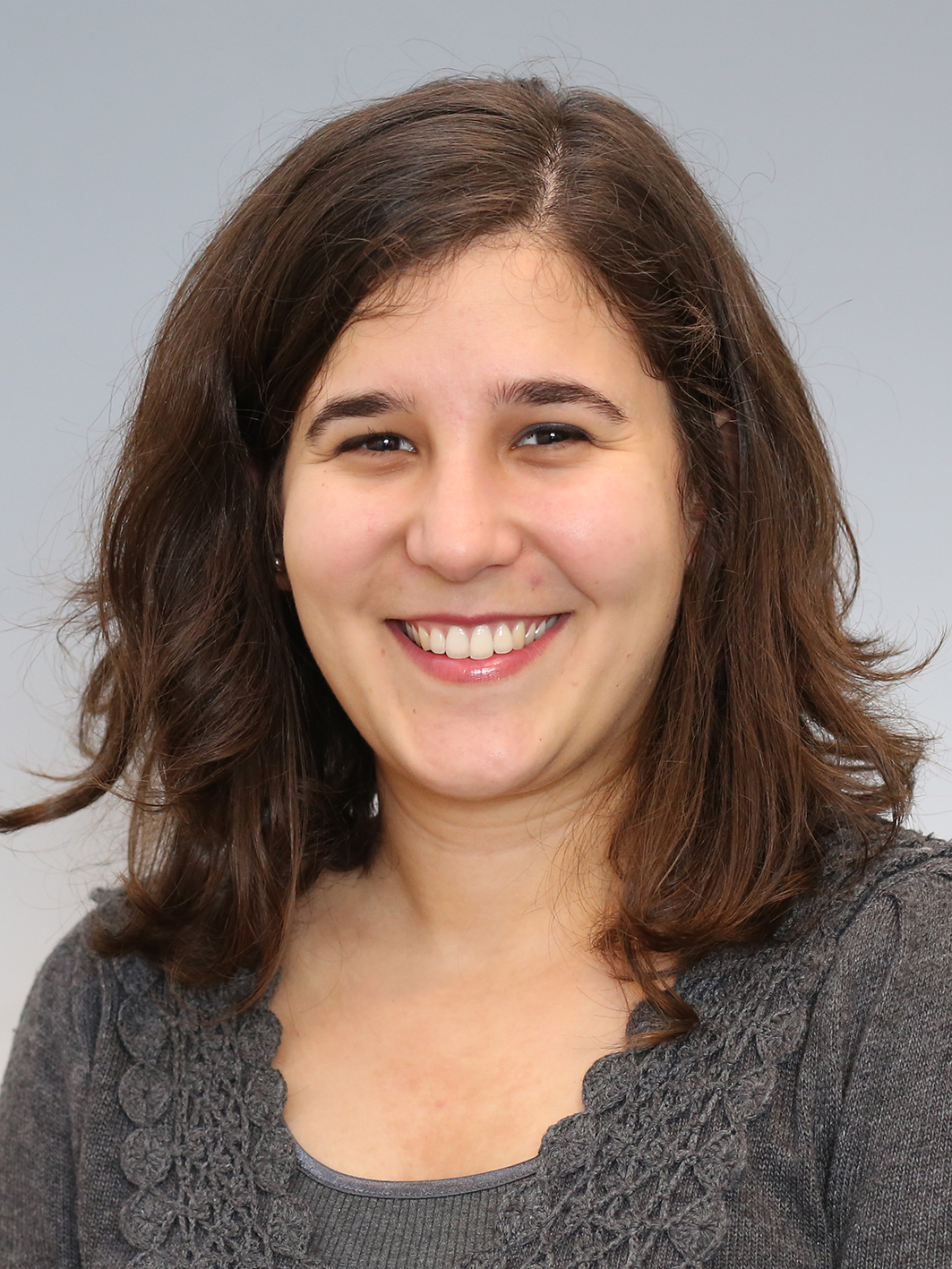Postdoc-bevilling til Müge Özbek Akçay
Müge Özbek Akçay modtager Carlsbergfondets to-årige postdoc-stipendium for sit projekt om tyrkiske indvandreres selvbiografiske minder.

”Med den nye bevilling får jeg mulighed for at lave forskning om minder og kontrafaktiske tanker hos ældre og yngre tyrkiske og danske voksne og se, hvordan disse forholder sig til identitet og trivsel,” siger Müge Özbek Akçay.
”Psykologisk trivsel og mentalt helbred hos (især) ældre indvandrere i Danmark er et overset område i forskningen, så der er behov for mere evidensbaseret viden på dette område, bl.a. for at kunne tilbyde den rette type sundhedsydelser til disse mennesker,” fortsætter hun.
Med den to-årige postdoc-bevilling på 1.266.000 kroner fra Carlsbergfondet vil Müge Özbek Akçay realisere projektet “Influence of living in another culture for identity and well-being: The case of Turkish immigrants in Denmark.” Bevillingen dækker perioden 1. juni 2018 til 31. maj 2020, hvor hun vil være tilknyttet CON AMORE.
Projektbeskrivelse (kun på engelsk):
“Moving to a foreign country is one of the most life-changing experiences. It is a significant cultural transition that increases the number of autobiographical memories retrieved from the life period of immigration in older adults. However, we do not have much insight into the characteristics and content of the personally significant experiences that older immigrants reminisce about. Do they regret not staying in their home country? Do they internalise the cultural norms of the host country and use these norms when narrating their memories? How do these factors relate to their psychological well-being? The present project addresses these questions in a thorough cross-cultural and cross-generational study where young and older Turkish immigrants in Denmark are compared to young and older Danes.
The Turkish minority is the largest immigrant group in Denmark. Older Turkish immigrants who came to Denmark in the 1970s have serious health-related and economic challenges. Surprisingly, they do not usually reach out to ask for psychological help. Is this because they have high levels of psychological well-being despite their negative experiences, or because they live in an isolated environment, where they do not realise that help is available? The present project examines this systematically by focusing on the reminiscence processes of young and older Turks compared to those of Danes.”